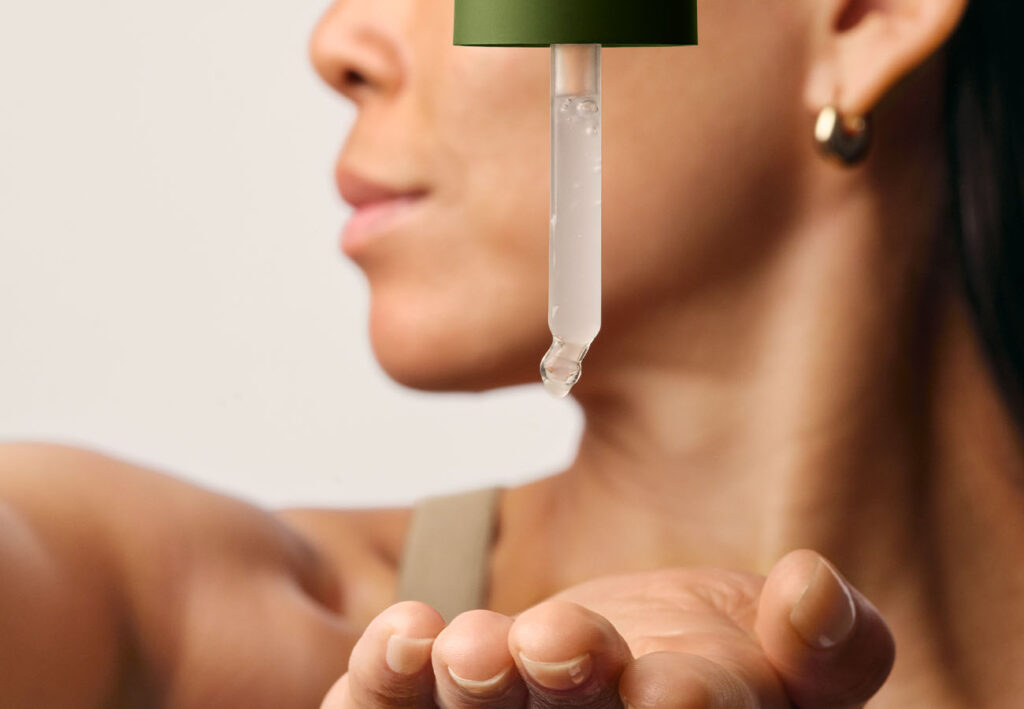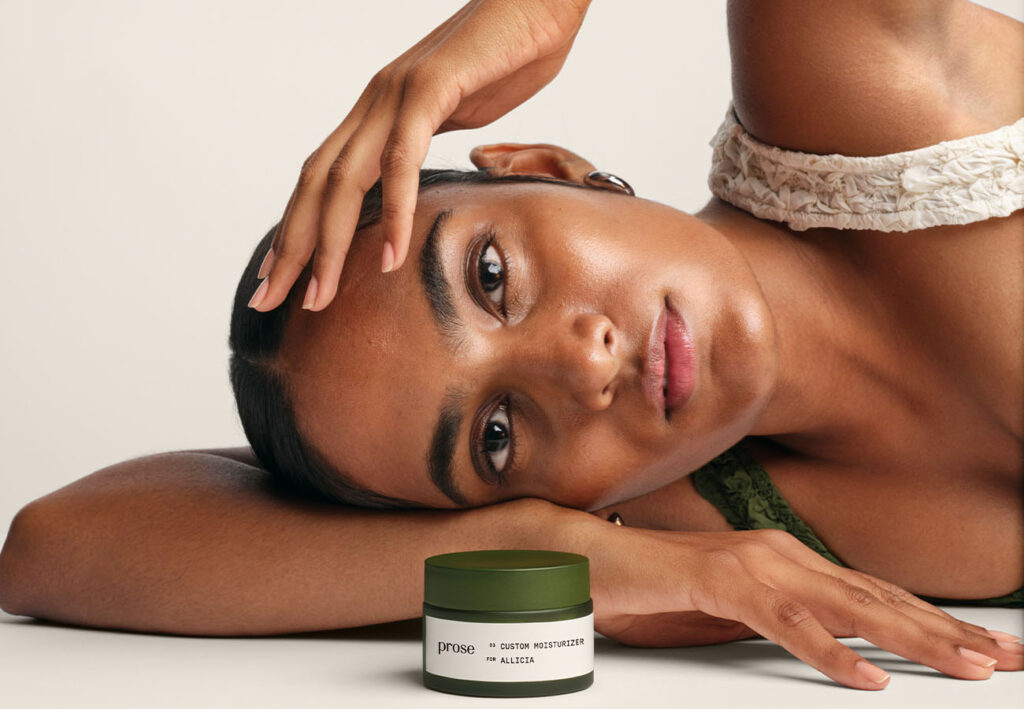Identifying Your Skin Type
Identifying your skin type is essential when determining the best face wash to suit your needs. Facial cleansers specifically formulated for the five different skin types contain active ingredients that target concerns such as dryness, sensitivity and excess oil production. Here is more information on the five common skin types.
Dry Skin
Some common indicators of dry skin include flakiness, tightness and irritation. Drier skin types generally create less oil than normal or combination skin. Excess sun exposure, using cleansers with harsh chemicals and over-cleansing can all lead to dry skin.
People with dry skin may have patches that feel rough or like “sandpaper,” and these areas may also be sensitive. Chronically dry skin can sometimes make fine lines and wrinkles more visible, and small bits of skin may also flake off when you rub your face or use a washcloth.
Oily Skin
Excess sebum production can cause the skin to appear oily or “shiny,” and people with oily skin are sometimes more susceptible to developing acne or other types of skin blemishes. Oily skin can occur for a variety of reasons, ranging from hormonal fluctuations and genetic factors to high humidity that causes increased perspiration.
Sensitive Skin
Sensitive skin can occur with oily, dry and combination skin, with telltale signs that include itchiness and inflammation. If your skin is sensitive, it may react strongly to certain chemicals and active ingredients in cleansers, serums and moisturizers.
People with sensitive skin may also react to products containing dyes or perfumes, including skincare products and face washes. External factors such as dry air or hot weather can also trigger uncomfortable reactions.
Combination Skin
If you have combination skin, you may have dryness on certain areas of your skin and oiliness on other areas. The skin that covers your nose and forehead, also known as the “T” zone, may be more prone to excess oil, while your cheeks may be dry or normal. Causes of combination skin include hormonal fluctuations, changes in weather and stress.
Normal Skin
Normal skin isn’t overly oily, overly dry or sensitive. If your skin type is normal, you may experience occasional blemishes, and your skin may only feel oily or dry during dry weather or when humidity levels are higher than usual.
Testing Your Skin Type at Home
One of the easiest ways to identify your skin type is to simply wash your face and analyze the results. Wash your face as you normally would, making sure to rinse off all the soap or cleanser. Pat your skin dry and set a timer for 30 minutes.
Check your face in the mirror every 5 minutes or so and take note of any changes in your skin. You can also blot your face with a tissue at this time to check for excess oil or sebum. At the 30-minute mark, look for the following signs.
- Shiny skin: If your complexion appears shiny or if your tissue blotted up oil, this can indicate an oily skin type.
- Dry, flaking or rough skin: If your skin feels dry or rough to the touch or if you notice bits of flaking skin, this usually indicates a dry skin type.
- Shiny T-zone: If you notice a bit of shine on your forehead and down your nose while the rest of your skin is dry or normal, you most likely have combination skin.
- Hydrated skin without tightness: If your face feels hydrated and smooth without any tightness, irritation or oiliness, this indicates normal skin.
Choosing the Best Face Cleanser for Your Skin Type
Once you’ve identified your skin type, the next step is to choose a face wash that best suits your needs. It’s important to look for ingredients that complement your skin type, such as hyaluronic acid for added hydration and mango leaf extract and bakuchiol to help control sebum. Here’s a breakdown of the best face wash options for each skin type.
Dry Skin
People with dry skin types can benefit by choosing cleansers with hydrating ingredients such as glycerin, rosehip oil, vitamin E and ceramides. Face washes that contain hyaluronic acid help replenish and lock in lost moisture. Cleansers formulated with fermented rice water may also aid in improving hydration levels.
Oily Skin
For oily skin types, look for face washes that offer light hydration and sebum control. Cleansers with oat oil provide hydration without being too heavy, while mango leaf extract, niacinamide, and amino acids can help reduce oil production.
Combination Skin
If you have combination skin, the best face wash for your skin type should contain ingredients that target oil production and dryness. Hyaluronic acid, glycerin and oat oil are excellent hydrators, while cleansers with vitamin C can help even out skin tone.
Sensitive Skin
Sensitive skin can overreact to harsh ingredients and fragrances, so it’s best to choose a face wash with mild ingredients. Look for ingredients such as oat oil and hyaluronic acid that help hydrate the skin without irritation. Cleansers formulated with shikakai extract also work well to gently remove oil and other impurities.
Normal Skin
Balanced cleansers offering hydration, antioxidants and light oil control are ideal for individuals with normal skin types. Vitamin C provides antioxidants and encourages skin cell turnover, and face washes with hyaluronic acid and glycerin provide the perfect amount of moisture to keep the skin hydrated.
Customized Skin Solutions by Prose
Ready to take the next step in your skincare regimen? The team at Prose invites you to take our Skincare Consultation and purchase our customized face wash, specially crafted just for you.
Our custom Cleansers are designed to be the best face wash for you. Dermatologist-tested and formulated with gentle, effective ingredients to target concerns such as dryness, oil production and fine lines and wrinkles, our cleansers are suitable for all skin types. Take the Prose Skincare Consultation today!





